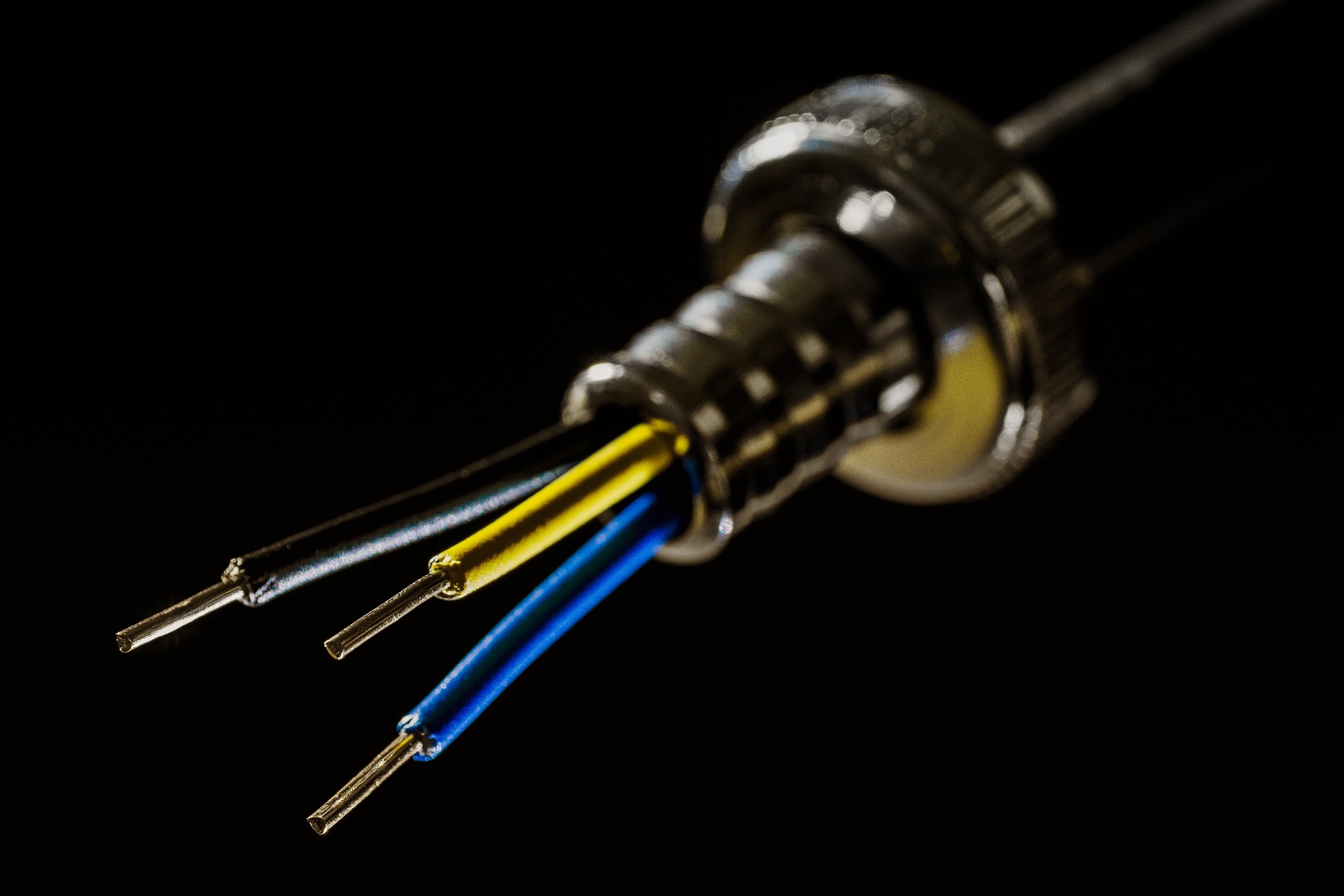Silicone rubber vs PVC insulation

It’s the age-old question: which is better, silicone rubber or PVC insulation? We’ve all been there, staring at the two options and wondering which one is really the best. Well, wonder no more! We’re here to help you figure out which one is right for you.
What are silicone rubber and PVC?
Silicone rubber and polyvinyl chloride (PVC) are two widely used types of electrical insulation. Silicone rubber is an elastomer (rubber-like material) made from silicone, a polymer of silicon and oxygen. PVC is a thermoplastic made from petroleum.
What are the benefits of silicone rubber?
The main benefits of silicone rubber are its versatility, resistance to heat and cold, and low toxicity. It can be used in a wide variety of applications, from electrical insulation seals to cooking utensils and medical slicone rubber sheet. Because it can withstand extreme temperatures, silicone rubber is an ideal material for use in high-temperature environments or in products that need to be sterilized.
What are the benefits of PVC?
There are many benefits of PVC, including its durability, flexibility, and resistance to fire, chemicals, and pests. It is also low-maintenance and easy to clean.
What are the drawbacks of silicone rubber?
There are several drawbacks to using silicone rubber as an insulating material. First, it is a relatively expensive material, so it may not be cost effective for large projects. Second, it is not as easy to work with as some other materials, so it may require special training or skills to use it properly. Finally, it is not as durable as some other materials and can be easily damaged.
What are the drawbacks of PVC?
There are a few potential drawbacks to using PVC for insulation. First, because it is not as flexible as other materials, it may not be able to conform to irregular surfaces as well. This can make it more difficult to install, particularly in tight spaces. Second, PVC is a thermoplastic, meaning that it can become brittle and cracked when exposed to extreme cold. This can potentially lead to leaks and loss of insulation efficiency. Finally, some types of PVC contain additives that can be released into the environment, which may be harmful to human health and the environment.
Which is better – silicone rubber or PVC?
There are pros and cons to both silicone rubber and PVC insulation. Here are some things to consider when making a decision:
-Silicone rubber is more expensive than PVC but it has better heat resistance and damage tolerance.
-PVC is less expensive but it does not have as good heat resistance or damage tolerance.
-PVC is more flexible than silicone rubber, so it is easier to work with.
-Silicone rubber can withstand higher temperatures than PVC so it may be a better choice for applications that require high heat resistance.
How to choose the right insulation for your needs?
There are two main types of insulation: silicone rubber and PVC. Each has its own advantages and disadvantages that need to be considered before making a decision.
Silicone rubber is an excellent insulation material because it has a high resistance to heat, cold, and electrical current. It is also very flexible, making it easy to work with. However, silicone rubber is more expensive than PVC, and it is not as widely available.
PVC is a cheaper alternative to silicone rubber, but it does not have the same level of resistance to heat, cold, and electrical current. PVC is also not as flexible, so it may be more difficult to work with.
Conclusion
After extensive testing and comparison, it was determined that silicone rubber insulation is the superior material for a variety of reasons. It possesses better electrical insulating properties, is more resistant to high temperatures and chemicals, and is overall a more durable material. For these reasons, silicone rubber is the insulation of choice for many applications. Suconvey Rubber is a professional manufacturer in silicone rubber industry, contact us feel free.






